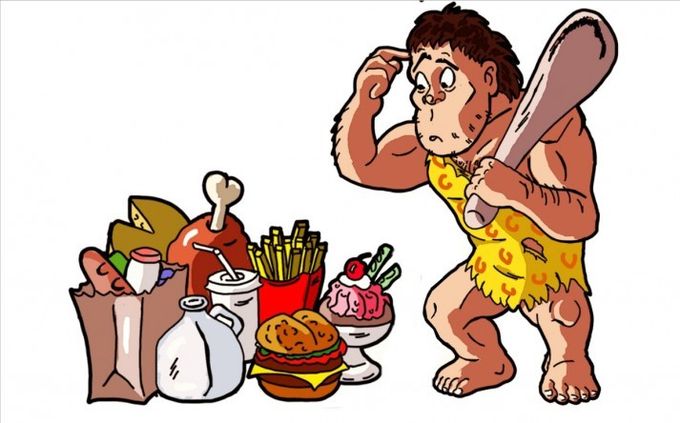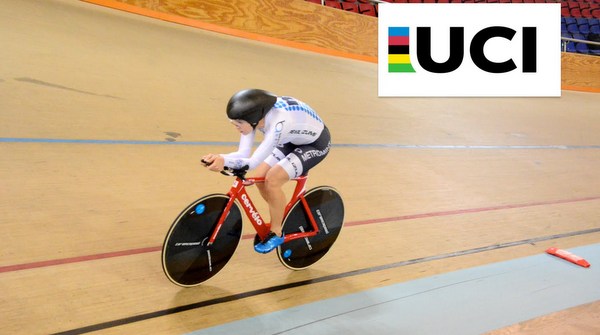 A new study suggests that some Paleo diet advocates might have their science a bit wrong when it comes to carbohydrates.
A new study suggests that some Paleo diet advocates might have their science a bit wrong when it comes to carbohydrates.
The popular diet that is advocated by many athletes and coaches, such as Joe Friel, is designed to follow the eating habits of our ancestors.
The Paleo Diet interpretation of this is to rely heavily on meat and fish, with carbohydrates including many starchy vegetables, such as potatoes, grains, and fruit limited.
Dr Karen Hardy and her team behind the study: ‘The Importance of Dietary Carbohydrate in Human Evolution’, came to the conclusion that during evolution it was both meat protein and digestible carbohydrates that contributed to development.
Whilst a shift to eating more meat is strongly believed to have aided development of the human brain, the researchers believe that this would have increased need for calories – and that carbohydrates were essential to accommodating the “growing brain.”
In fact, the human brain uses up to 25% of the body’s energy – and up to 60% of blood glucose. Researchers believe it was unlikely that this need was met on a low carb diet.
Ask the Expert: Refined Carbohydrates vs Unrefined Carbohydrates?
Finally, they suggest that in the last one million years, our bodies have developed saliva that helps us to digest starch more readily than other animals, and that change, coupled with a discovery of cooking, facilitated a greater intake in starches.
Researchers were drawn to the topic in a quest to solve what they called “much conflicting information disseminated to the public”, stating: “the global increase in…obesity… has intensified interest in ancestral or “Paleolithic” diets. Surprisingly, however, there is little clear agreement on what quantitatively constitutes a healthy diet, or indeed a Paleolithic diet.”
In a press release, Hardy said: “Eating meat may have kick-started the evolution of bigger brains, but cooked starchy foods together with more salivary amylase genes made us smarter still.”
Of course, the carbohydrates discussed are tubers (potatoes) and legume grains (beans, lentils) – not the contents of your local bakery. However, this does provide handy evidence against the growing ‘no carb’ movement which probably doesn’t sit too well with the requirements of most athletes.
Confused about the different diets of the world? Check out our overview…





